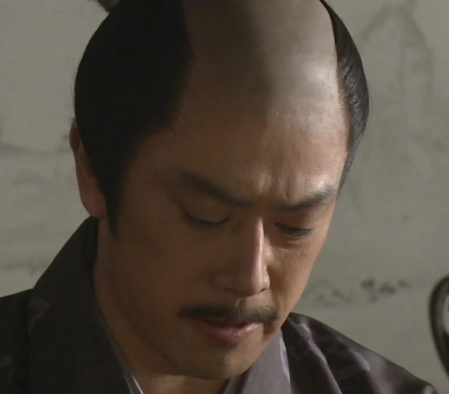In the ancient history of China, the inheritance of the throne was often accompanied by fierce power struggles. In the early years of the Western Han Dynasty, after Liu Bang (the Founding Emperor of the Han Dynasty) died, his political legacy triggered a bloody palace coup, known as the "Lu Clan Massacre" in history. This article will explore the reasons behind this historical event and its impact on the group of contributors.

When Liu Bang died, his legitimate grandson Liu Ying (the Emperor Hui of Han) inherited the throne, but due to his young age, the actual power was in the hands of Empress Dowager Lu. Empress Dowager Lu was Liu Bang's wife, and she had a strong desire for power, fearing the contributors who had helped Liu Bang during his lifetime. To consolidate her ruling position, Empress Dowager Lu took a series of extreme measures, including purging Liu Bang's direct descendants to prevent them from becoming potential threats.
According to the "Records of the Grand Historian", Empress Dowager Lu began to persecute Liu Bang's legitimate grandchildren cruelly soon after his death. She not only killed Liu Bang's庶长子 Liu Ruyi, but also ordered the almost complete extermination of all legitimate grandchildren who were considered potential threats. This action was undoubtedly a great betrayal to Liu Bang's trusted ministers and a great threat to the group of contributors.
Although Empress Dowager Lu's series of actions ensured her personal power security to some extent, they also exposed her cruelty and desire for power. This extreme approach caused panic and dissatisfaction among the contributors, as they realized that even though they had made great contributions to the Han Dynasty, it was difficult to guarantee the safety of themselves and their families. This sense of insecurity intensified the tense atmosphere within the palace and laid the groundwork for later political unrest.
In fact, Empress Dowager Lu's actions did not completely eliminate the contributors' sense of threat. After her death, the contributors overthrew the power of the Lu clan through a series of coups and restored the rule of the Liu family. This showed that despite Empress Dowager Lu's extreme measures, the strength of the contributors still could not be underestimated.
In summary, the Lu Clan Massacre after Liu Bang's death was a tragedy caused by power struggles. In order to consolidate her ruling position, Empress Dowager Lu ruthlessly purged Liu Bang's legitimate grandchildren, which not only betrayed Liu Bang's political wishes but also exacerbated the unease among the contributors. This event once again proved that even contributors may face the threat of life and death in the face of power, and the cruelty of history is deeply reflected here.
Disclaimer: The above content is sourced from the internet and the copyright belongs to the original author. If there is any infringement of your original copyright, please inform us and we will delete the relevant content as soon as possible.
































